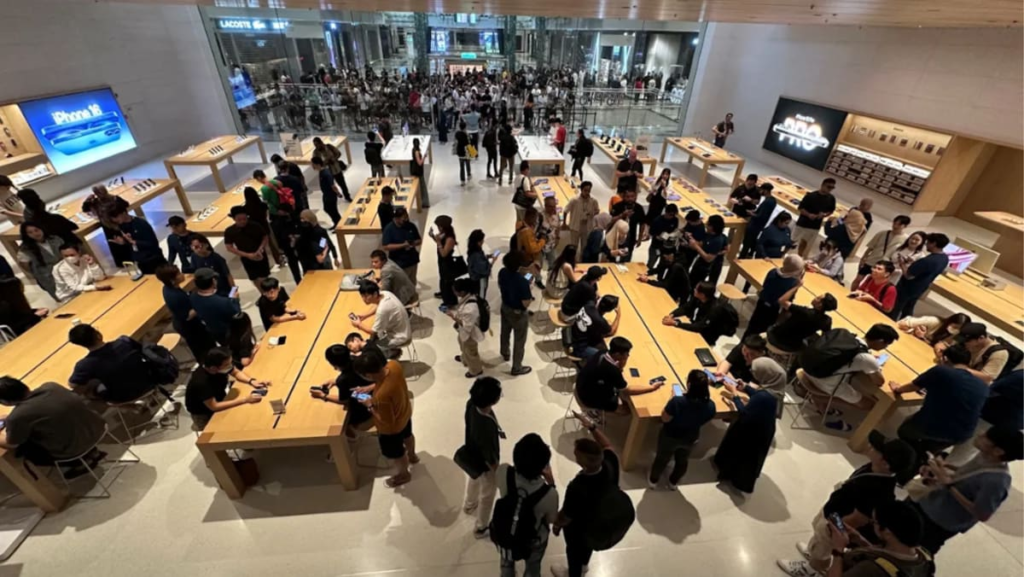The latest iPhone 16 from Apple has been met with controversy in Indonesia, with the country’s Industry Minister announcing that the phone will not be allowed to be sold until Apple fulfils its investment commitments and renews its local content requirements certification. This decision has sparked a debate among Indonesian netizens, with some supporting the move while others criticize it. The TKDN certification, which measures the quality of domestic components in a product, requires Apple’s products to meet a Domestic Component Level value of at least 40 per cent.
Industry Minister Agus Gumiwang Kartasasmita revealed that the TKDN certification for Apple had expired and must be renewed, in addition to Apple falling short of its investment commitments to Indonesia. While Apple had previously obtained the certification allowing its products to be sold in the country, they now must rectify these issues before the iPhone 16 can be introduced to the Indonesian market. The company’s investment realisation is reported to have only reached 1.48 trillion rupiah, falling short of the total commitment of 1.71 trillion rupiah.
The announcement has garnered mixed responses from Indonesian netizens, with some expressing support for Apple to comply with local requirements, while others voice their frustration. Some netizens believe that there is excessive bureaucracy in Indonesia, suggesting that Apple may not be willing to invest in the country due to this. Others mention that it is cheaper to purchase Apple products overseas, with neighbouring countries like Malaysia and Singapore being popular destinations for Indonesian Apple fans seeking to buy products quickly.
The decision to ban the iPhone 16 from the Indonesian market until Apple fulfils its commitments has raised concerns about the company’s compliance with local regulations. The TKDN certification and investment requirements highlight the importance of meeting certain criteria in order to operate in Indonesia’s market. The debate among netizens reflects the differing opinions on the situation, with many discussing the implications of Apple’s actions and the impact it may have on the availability of Apple products in Indonesia.
It is clear that the Indonesian government is taking a firm stance on ensuring that companies like Apple adhere to local regulations and meet certain criteria before they can sell their products in the country. The decision to ban the iPhone 16 until the certification is renewed and investment commitments are fulfilled sends a message to companies about the importance of meeting these requirements. This issue has sparked a debate among Indonesian netizens, highlighting the differing opinions on the matter as well as the implications for consumers seeking to purchase Apple products in the country.

